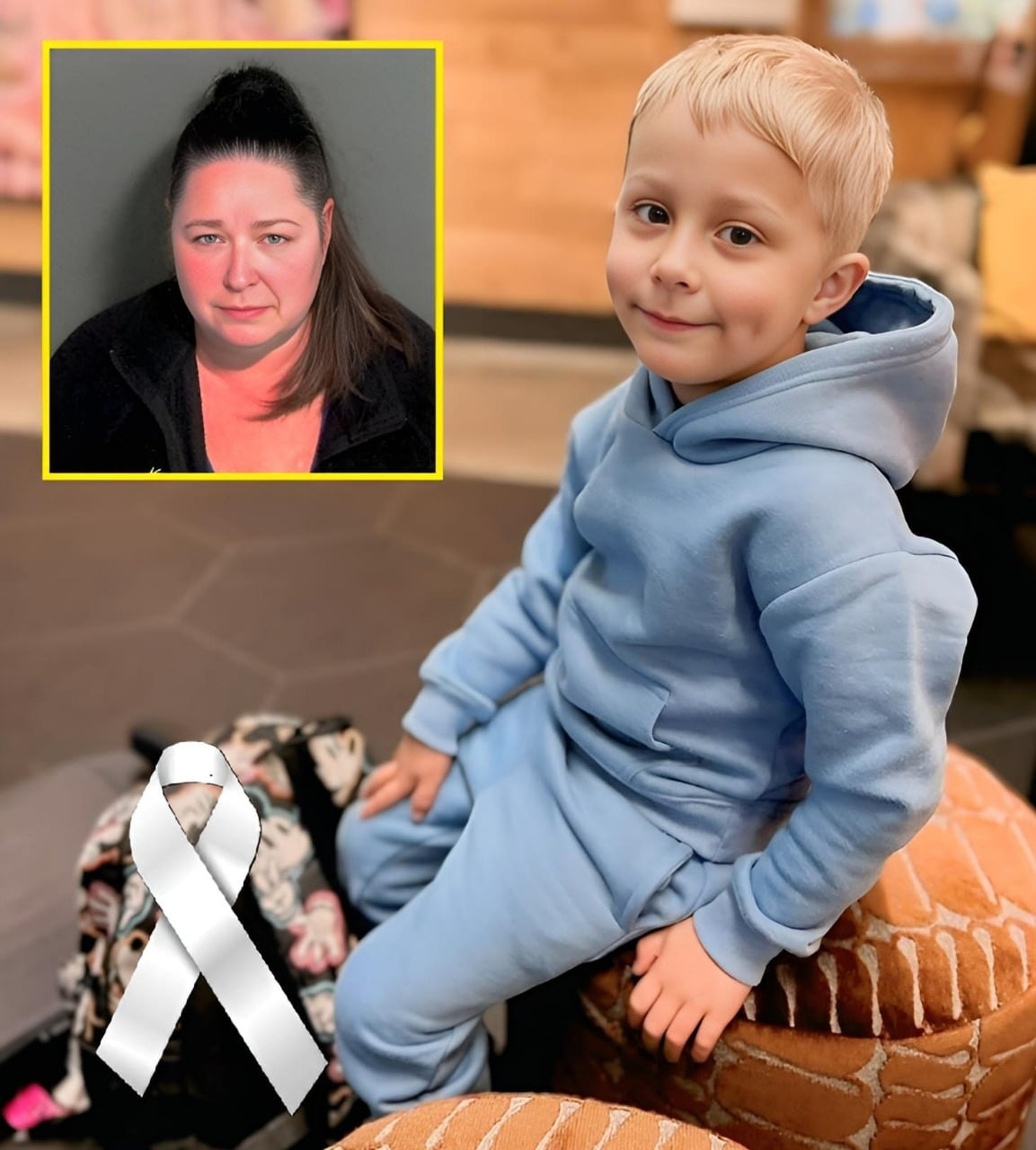When paramedics finally pushed through the narrow hallway, they didn’t walk into the quiet, tragic stillness they had mentally prepared themselves for. Instead, they found a scene suspended between terror and hope: a small boy drifting in and out of consciousness, and a grandmother on her knees beside him, refusing—utterly refusing—to let fear dictate the ending of that moment.
Just minutes earlier, everything had been normal. The boy had been playing on the living room floor, driving his tiny red toy car across patterns in the carpet, humming to himself the way children do when they feel safe. But when his grandmother stepped into the room with a glass of juice, she froze. The car lay tipped on its side. His small body was unnaturally still. His lips carried a bluish tint no child should ever have. The world seemed to tilt in that instant.
Her heart lurched into her throat, but instinct, sharpened by years of caring for others, overpowered the shock. She called his name—once, twice, louder each time—but he didn’t answer. The silence that followed nearly broke her. Yet somewhere beneath the rising panic, a memory surfaced: a CPR course she had taken decades ago, back when her own children were young. She had never needed those skills before. She never imagined she would need them now.
Her hands trembled violently, but they moved with purpose. She positioned him carefully, tilted his head, checked for breath, found none, and then began chest compressions. Every push was a prayer; every breath she delivered was a desperate plea whispered through tears. “Stay with me, baby. Please stay with me.”
Seconds stretched into an eternity. She counted under her breath, her voice cracking. She felt his small chest move beneath her palms, softer than she remembered, frighteningly fragile. She could hear her own heartbeat roaring in her ears, but she didn’t stop—not when her arms burned, not when her knees throbbed against the hardwood floor, not even when she feared she might already be too late.
And then—just as exhaustion threatened to swallow her—came the faintest flutter beneath her hand. A shallow rise of his chest. Then another. It wasn’t strong, but it was real. It was life.
When the paramedics finally arrived, they followed the sound of her sobbing through the house. And there they found her: a grandmother streaked with sweat, mascara blurred down her cheeks, hair stuck to her forehead—yet steady in spirit, even as her whole body shook. Beside her lay the boy, breathing weakly but on his own, saved by sheer determination and a memory she had never expected would matter again.
The first responders moved quickly, taking over with practiced precision, but even they paused for a moment when they saw the rhythm returning to the child’s chest. One paramedic placed a hand gently on the grandmother’s shoulder and said softly, “You did everything right. You gave him a chance.”
Outside, neighbors had gathered, drawn by the frantic call for help and the sirens slicing through the quiet afternoon. Many had assumed the worst. Some couldn’t even bring themselves to look. But when the stretcher emerged through the front door, carrying not a covered body but a child still fighting—still here—the entire street fell silent.
His grandmother stood on the porch, arms wrapped around herself as if trying to keep her heart from falling apart. She watched through blurred vision as the ambulance doors closed, sealing her grandson inside with a team who now had the time—because of her—to save him properly.
Later, officials would credit “fortunate timing” and “proper emergency response.” They would list it as a successful resuscitation, another life saved by quick thinking.
But in Brookhaven Village, where people knew each other’s routines and greeted each other from porches, no one used clinical terms. They didn’t talk about timing or protocol.
They spoke about a grandmother who refused to let fear paralyze her. A woman who reached back through decades of memory to pull her grandson toward life. A moment where love was stronger than panic.
They called it what it truly was:
a miracle forged by a grandmother’s courage—and a little boy’s determination to stay in this world just long enough for help to arrive.
